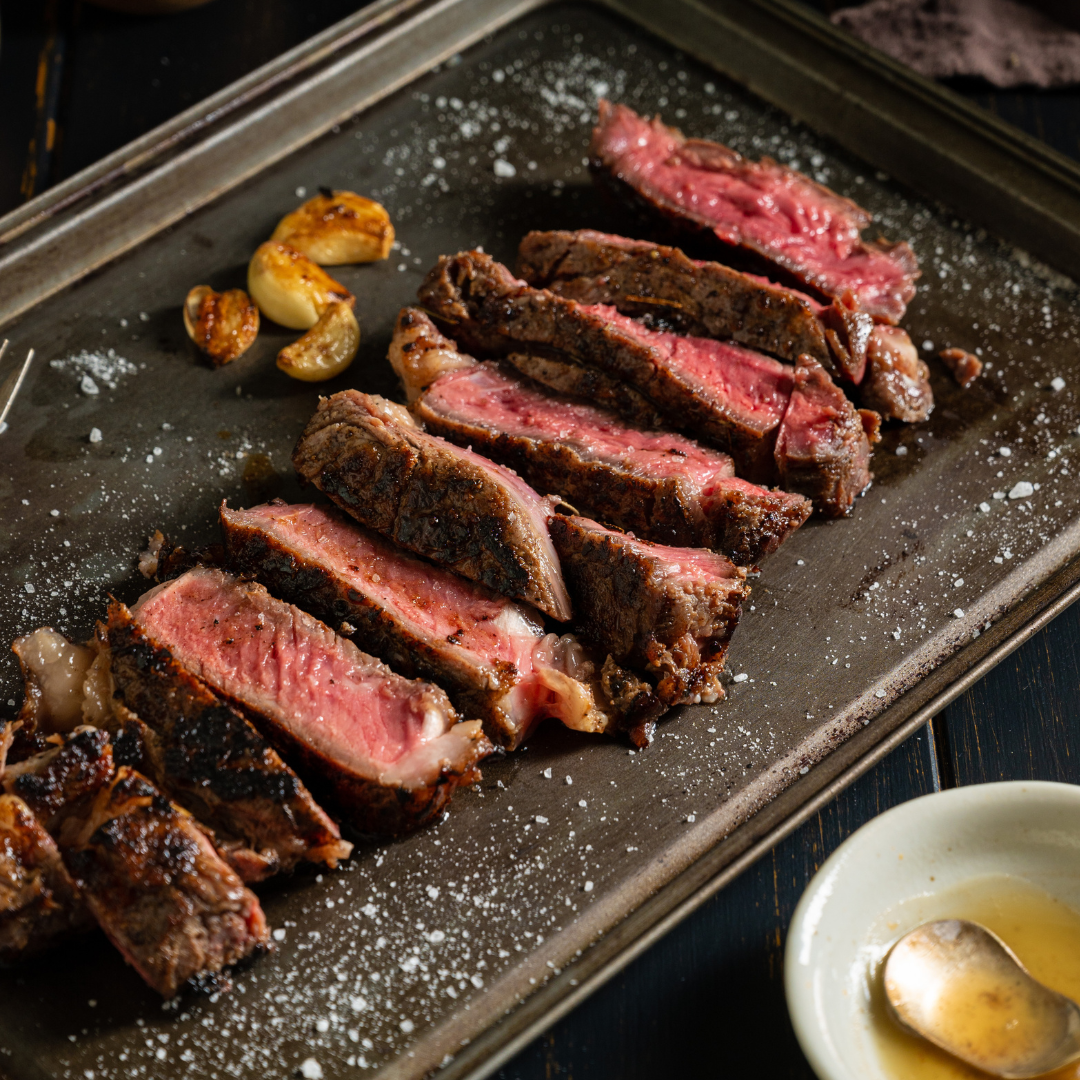
Is it okay to eat rare steak?
Share

Some people love the personal preference of eating a rare steak. While it is important to cook meat thoroughly to kill harmful bacteria, consuming rare steak can be safe if prepared and cooked properly. If steak doneness is a choice, is rare steak the right one?
Flavor: Due to its juicy and tender nature, many people like the flavor and texture of rare steak. A steak may have a harder, dryer texture if it is cooked to a higher temperature.
Nutrition: By cooking beef for a long time, nutrients like vitamins B and C can be lost. Steak served rare can aid in the retention of these nutrients, making it a healthier choice.
When it comes to quality, premium cuts of meat like filet mignon or ribeye can be eaten rare or medium-rare without losing any of their flavor. These more expensive meat portions are best consumed rare or medium-rare rather than well-done.
Appropriate Handling and Preparation: Before cooking, it's critical to make sure the steak is handled and prepared correctly. The risk of foodborne disease can be decreased by selecting high-quality meat, storing it at the proper temperature, and cooking it to the prescribed temperature.
Lower Cancer Risk: Cooking meat at high temperatures, like those used for grilling or broiling, can produce carcinogens that have been associated with a higher cancer risk. Steak served rare can aid in lowering this risk.
To greatly lessen the chances of getting bacteria from your meat, order from trusted meat suppliers such as The Fat Butcher that have weekly sanitations and proper standard protocols. Wet markets with dirty environment can be the number one cause of causing upset stomachs.
